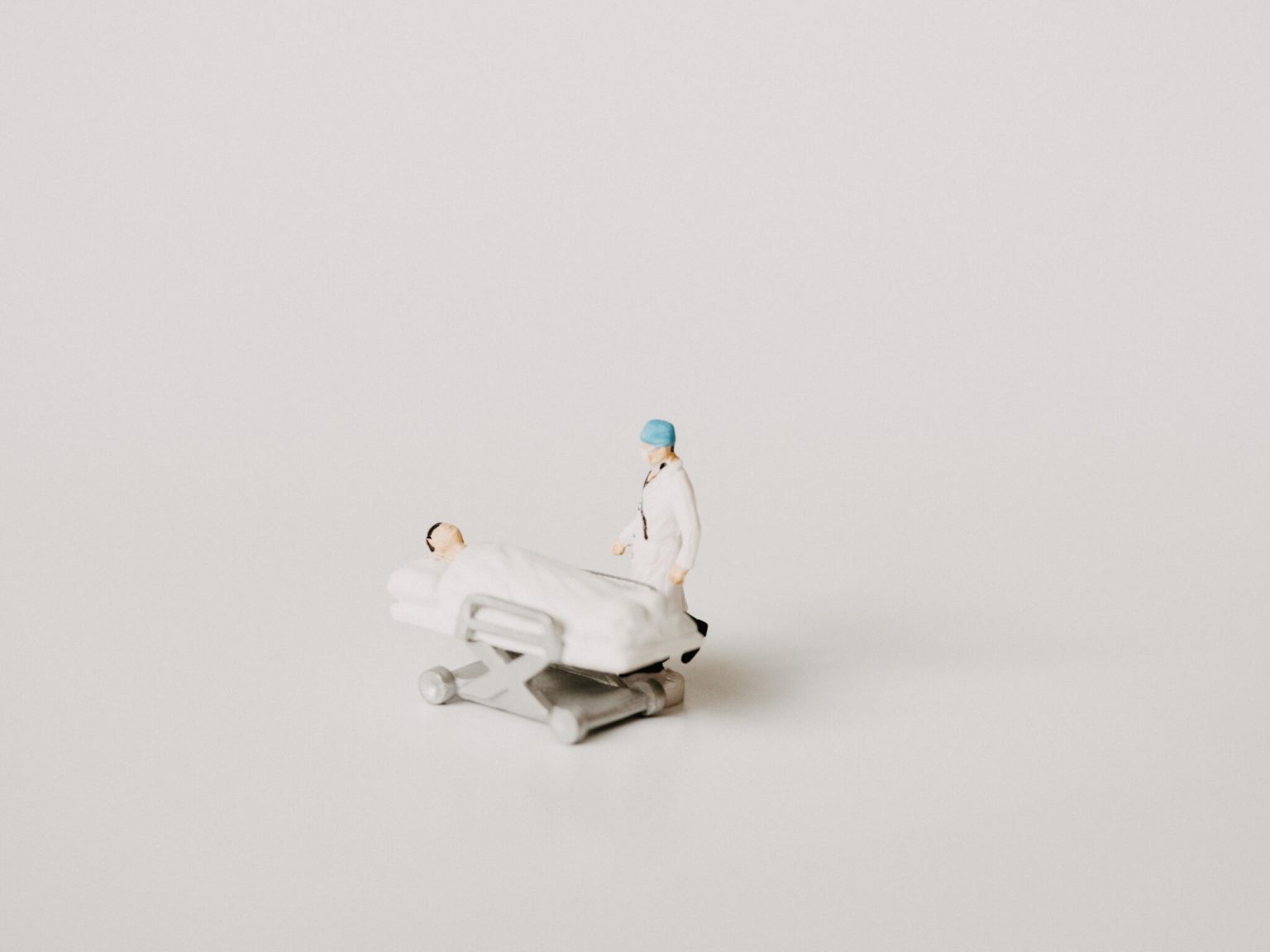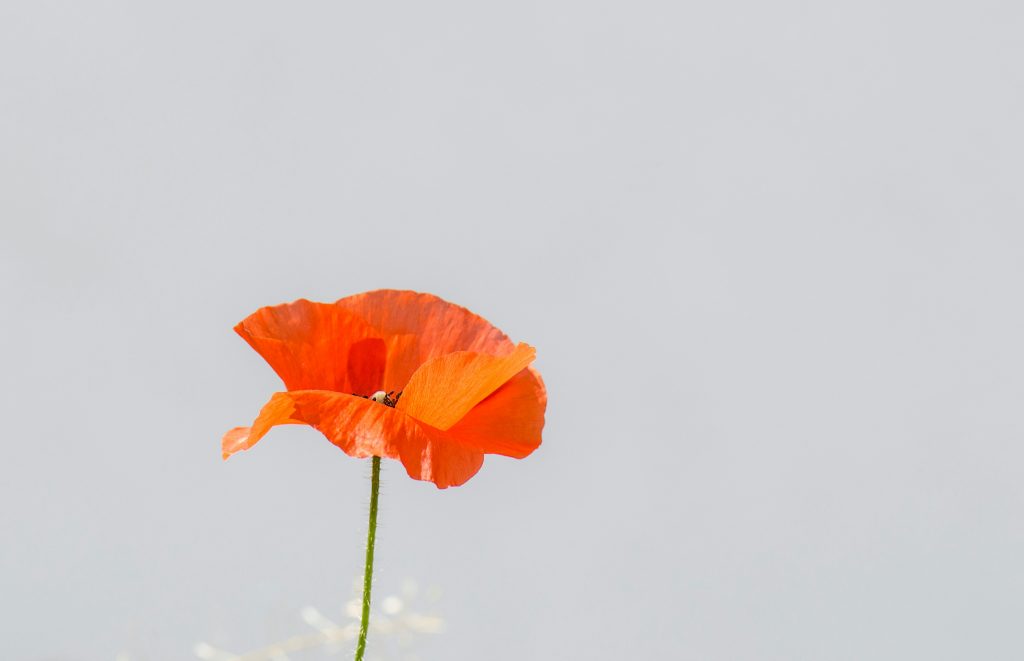As a self-employed professional, you have various options to protect your income in the case of illness or a disability. You can set aside money, join a bread fund or take out occupational disability insurance (AOV in Dutch). The latter is currently a much debated topic, as there are plans to make AOV mandatory for all self-employed persons that are regarded as entrepreneurs for income tax purposes.
What is occupational disability insurance (AOV)?
As an entrepreneur, you can currently choose whether or not to take out an AOV. As the name already suggests, this insurance protects your income in the event of (long-term) illness or if you become incapacitated for work in another way. You pay premiums to the insurer and the insurer pays out a certain amount in the event of disability. There are two different options for these payments:
1) Periodic payment
If you take out an AOV that will pay out periodically (e.g. monthly), you’re allowed to deduct the premiums you pay from your income. These are not business expenses, but you submit them to your income tax return as ‘expenses for income provisions’.
The periodic benefits you receive if you become disabled are regarded as an income. In your income tax return you can submit them as ‘income from previous employment’. The insurer deducts payroll tax from the periodic payments, the same as when you receive wages or other benefits. This payroll tax is deducted from the income tax payable.
2) Payment in one go
If you take out an AOV that provides a benefit in a lump sum, you cannot deduct the premium paid. This is also the case if the insurer pays monthly advances on the one-off payment.
However, this means that the payment is not seen as income, and is therefore not subject to income tax. The amount does count towards your assets in Tax Box 3.

Why will the AOV be mandatory?
The mandatory AOV is part of the Dutch pension agreement, which consists of various new agreements on pensions and the AOW (Old Age Pension). The goal is to make the Dutch pension system more transparent and more personal. By making the AOV mandatory for self-employed professionals, all workers in the Netherlands will be protected against the consequences of disability, which reduces costs and risks for the entire society.
What should you take into account?
It’s expected that this new law will come into effect on 1 January 2027. What the mandatory AOV will look like exactly is not yet known; the exact rules are currently being worked out. According to the website of the Dutch government, these are the first plans:
Self-employed professionals with compulsory disability insurance:
- will receive a maximum of 70% of their income, calculated over the last month they worked (over an income of up to 143% of the minimum wage);
- will never receive more than 100% of the minimum wage;
- will probably pay 7.5% to 8% of their income in premiums;
- will receive the benefit after a waiting period of one year;
- will be insured up to when they start receiving their Old Age Pension;
- can apply for insurance at UWV;
- will all be insured under the same conditions, regardless of their situation;
- may be able to opt for private disability insurance at a later date, with at least the same coverage and premium (the Dutch government is still examining this possibility).
In the meantime
Even though the AOV is not yet mandatory, it’s wise to already consider whether you would be able to cope financially in the event of a long-term illness or a serious accident. After all, you’re always at risk of something happening to you. Therefore, start thinking about how you can arrange your finances in case you become incapacitated for work.


